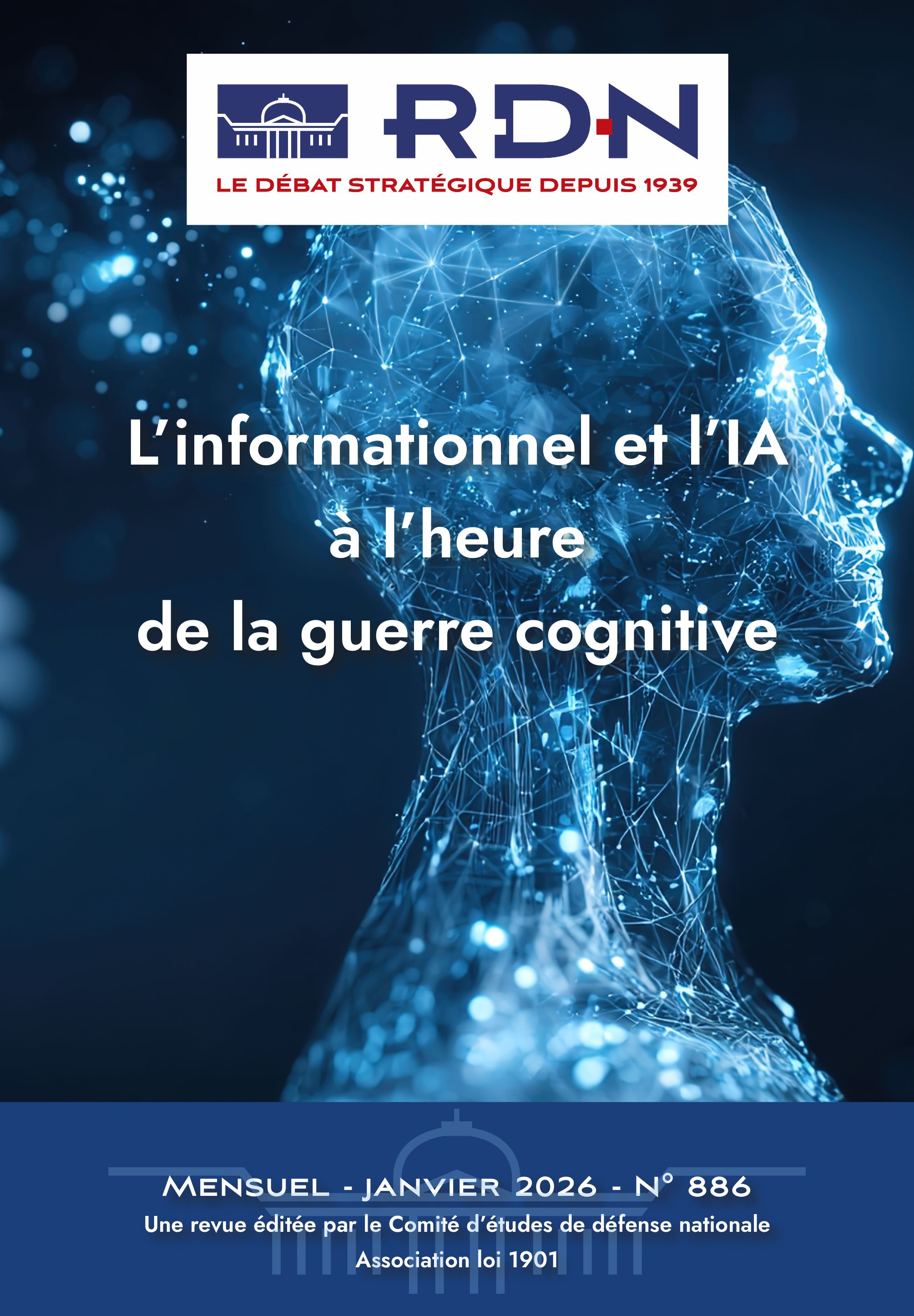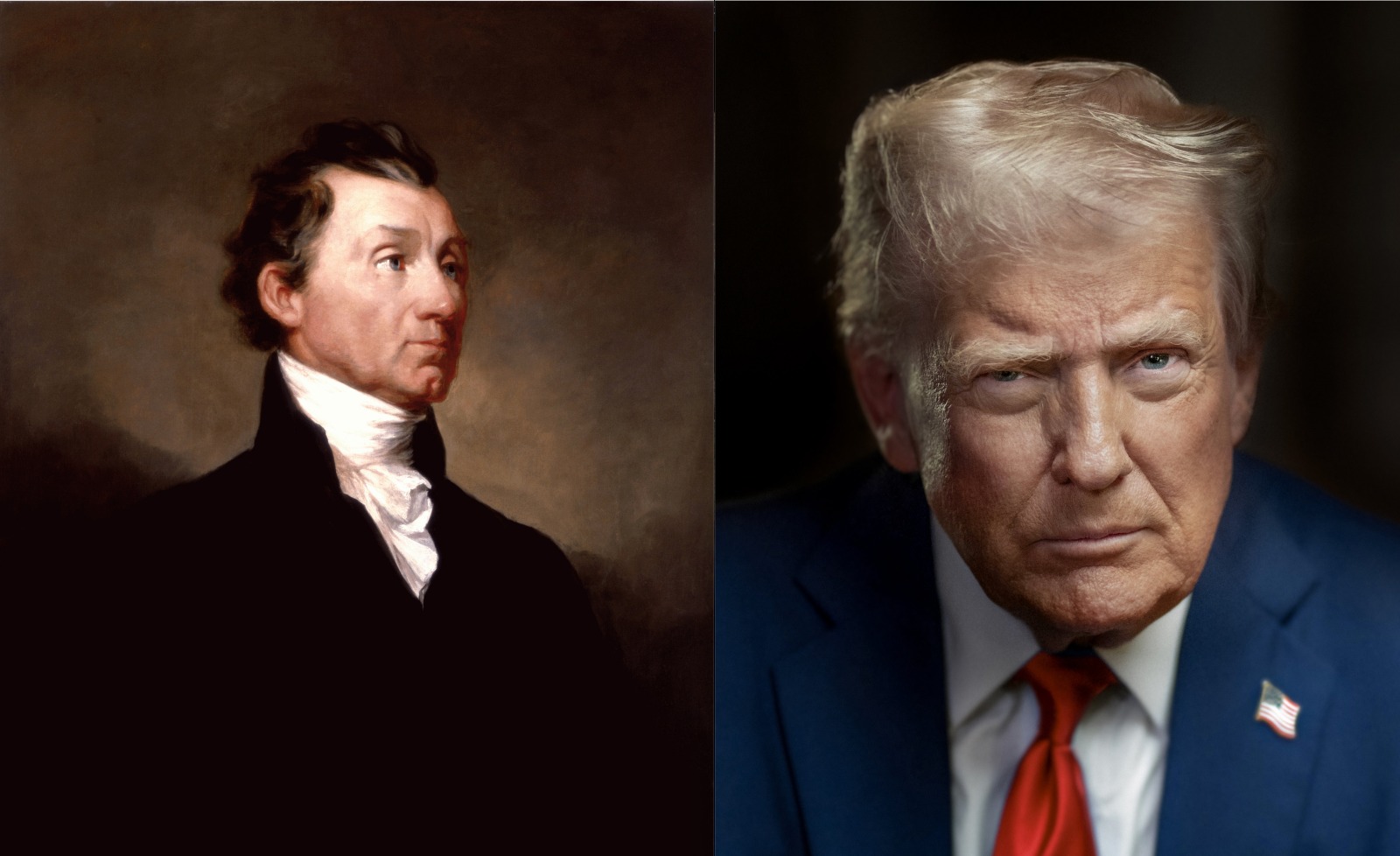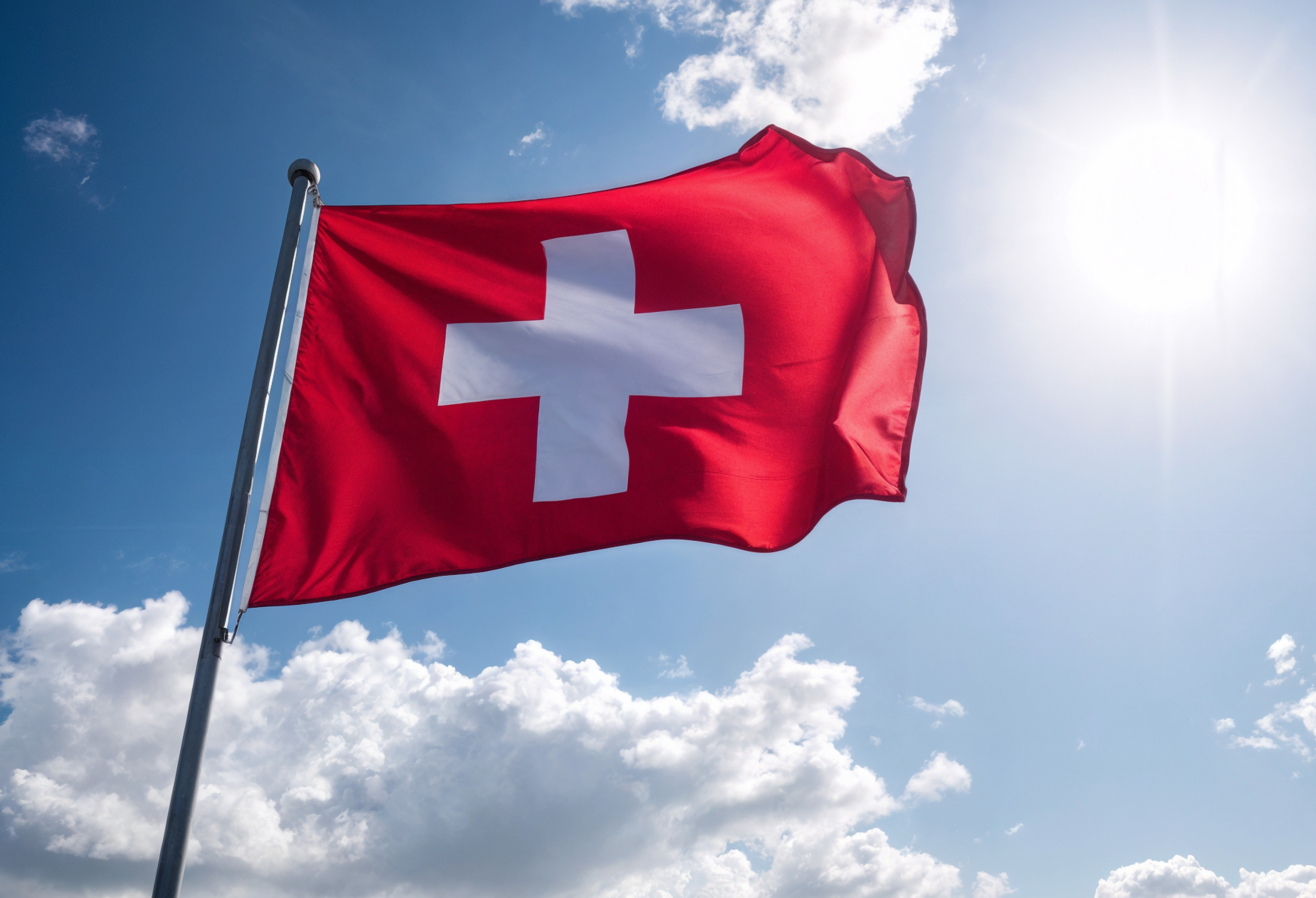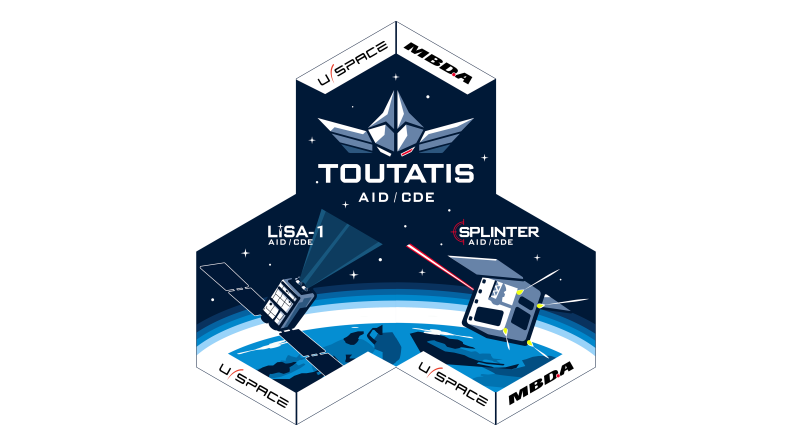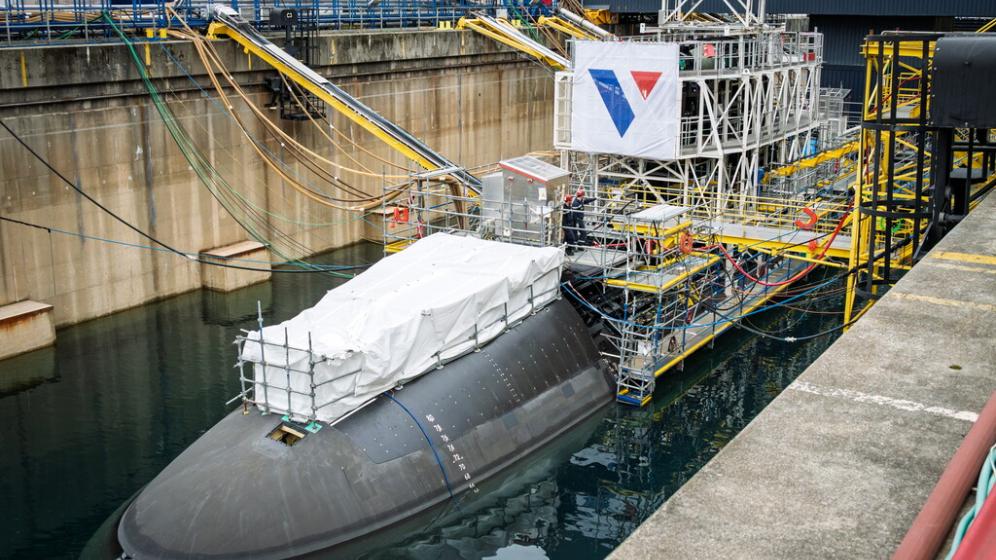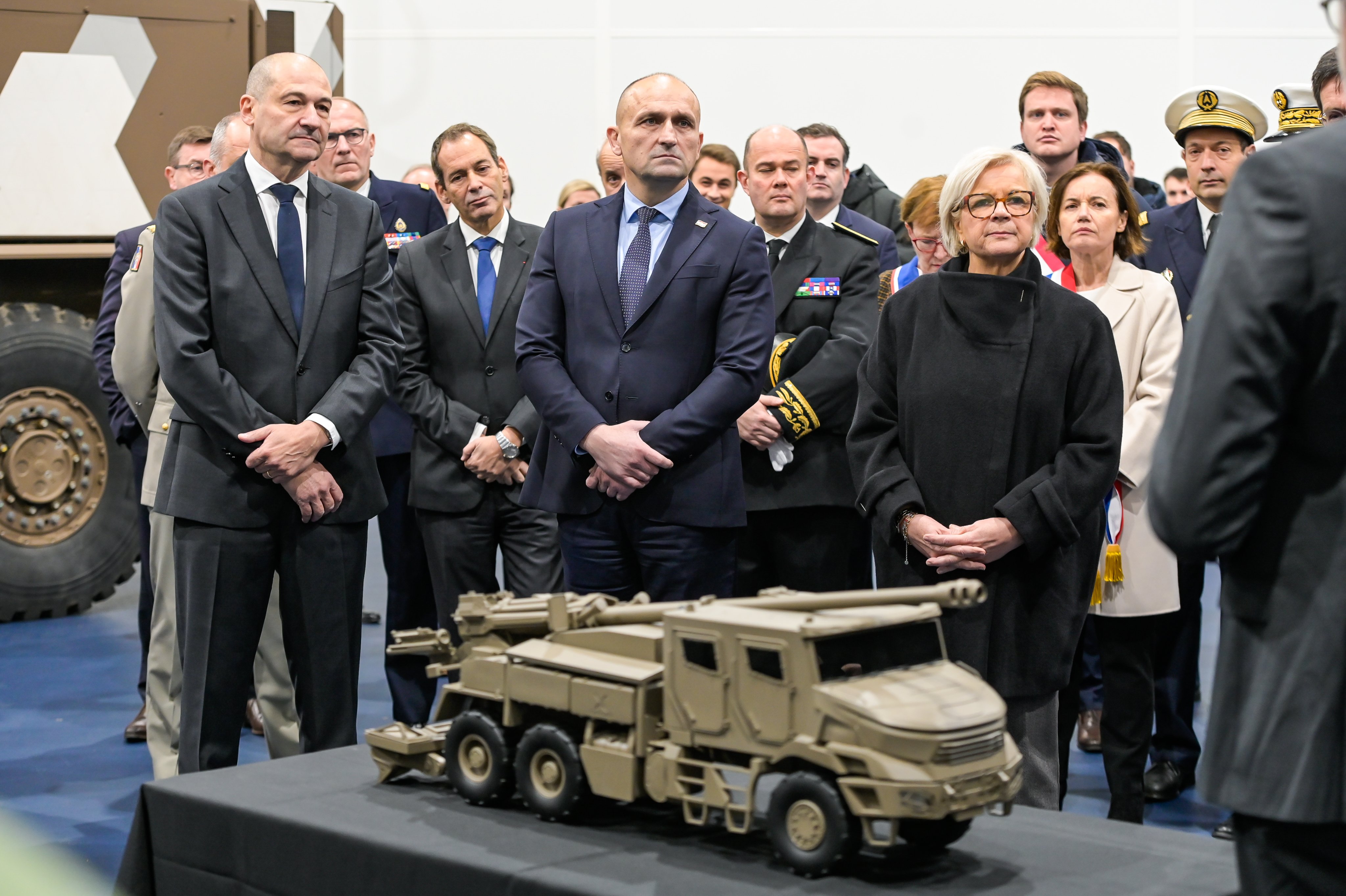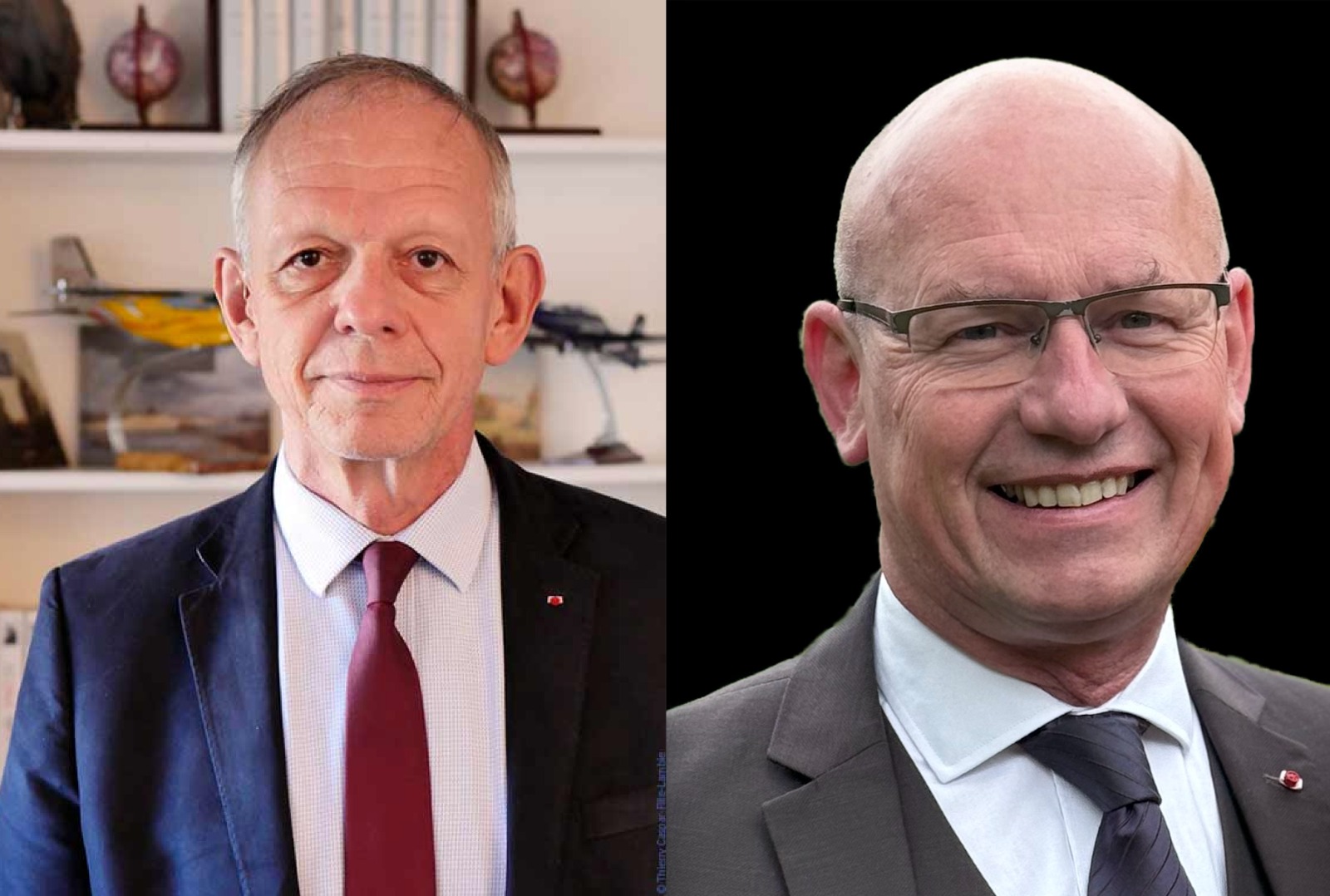Abstracts
Articles in the French and English editions of RDN this month
The geopolitics and geostrategy of climate change* - Michel Rocard
What does resilience really mean?* - Loup Francart
The social role of the armed forces: the quest for a national redefinition - Sophie Lefeez
It is wrong to look at the question of the social role of the armed forces solely in terms of the help they can bring to resolving social problems. While it is important that the population recognises the need to have armed forces, this must be based on an understanding of their role and special needs, even if this may be difficult in the absence of any perceived threat.
Public opinion and external operations - Barbara Jankowski
Through a detailed analysis of existing polls, this discussion attempts to evaluate the degree of acceptance of external operations by a public that is naturally more sensitive to pressing questions concerning its own security than to operations far away. The capability to mount operations abroad is a sign of national determination, and implies the legitimacy of the use of force.
The ecological crisis: a question of justice - Hervé Kempf
The question of ecology has become a major issue for international relations in the next half-century. But it poses new problems of worldwide justice more than questions of power politics, and its solution will always be a reflection of internal social issues in the countries concerned.
When security becomes green - Romain Lalanne
Environmental security is a relatively recent concept which gives rise to intense debate at the heart of the theory of international relations. What is the referent object of environmental security? To what extent can the scarcity of a natural resource be the cause of a ‘green’ war? Is climate change a threat to national security? This article tackles these questions through a review of the literature on the theoretical work dealing with environmental security in the field of international relations.
Climate: an issue of security or of strategic control? - David Mascré
For the United States, climate has become a national security issue. In September 2009 the CIA created a Centre for Climate Change to monitor space and the biosphere, and to verify the levels of pollution of every country worldwide. This initiative is more than just a new mission; it marks a change of policy which acknowledges the new security-related troika of climate, economy and strategic control.
Some American priorities in 2010 - François Lafond
President Obama’s foreign policy is already very different to his predecessor’s. Seen from Europe, four major thrusts can be identified: bury the contentious issue of the ‘clash of civilisations’; hand over the ‘war of necessity’ in Afghanistan to the locals; accept the implied risks of cooperation with Russia; and reconsider the question of strategic alliances. 2010 will show whether the new president has any real prospect of modifying the international scene. What is certain is that the efforts already made can only serve to encourage those who are happy to note a revitalised image of the United States in the world, and thus aid the thrust of the international community towards better world governance.
China/United States: a new power duopoly? - Irnerio Seminatore
Close examination of the China-US relationship leads the author to explore the question of the strategic positions of the regional powers and their structural links in Asia. He evaluates the various combinations of possible leaderships, and accords China a new strategic centrality.
Year 9 in Afghanistan* - Henri Paris
The logistics of Operation EUFor RD Congo - Claudia Major
This article analyses the logistic performance of EUFOR DR Congo in 2006, and proposes solutions relevant to future operations. It starts with a description of the overall situation, underling the logistic challenges and recalling the conditions in which EUFOR was deployed. It then describes the logistic operation from three different perspectives: the framework (destination, distance, demand and duration); the multinational and multi-partner characteristics of the operation; and the use of logistic subcontractors. Finally, following a general evaluation, recommendations are made concerning sustainability, self-sufficiency and the efficacy of crisis-management operations.
The armed forces: a profession like any other? - Julien Duthu
France has known peace on its frontiers for over 60 years, during which time both the environment and the context of the use of its armed forces has changed. These days the profession of arms tends to lack definition and its public image lacks clarity; the end result is the weakening of the nation. Despite the current (and fashionable) concept of a ‘soldier of peace’, the political class in particular and French citizens in general should remember that the military man has a quite singular job, whose end purpose is combat. This frame of mind can and must be generalised, and to achieve this is the responsibility of both the armed services themselves and their political masters. Several ways of approaching this objective are worth further study.
Towards the creation of a French-style National Guard* - Stéphane Dossé
* The full text of articles marked with an asterisk is published in the English edition of this month’s RDN.

